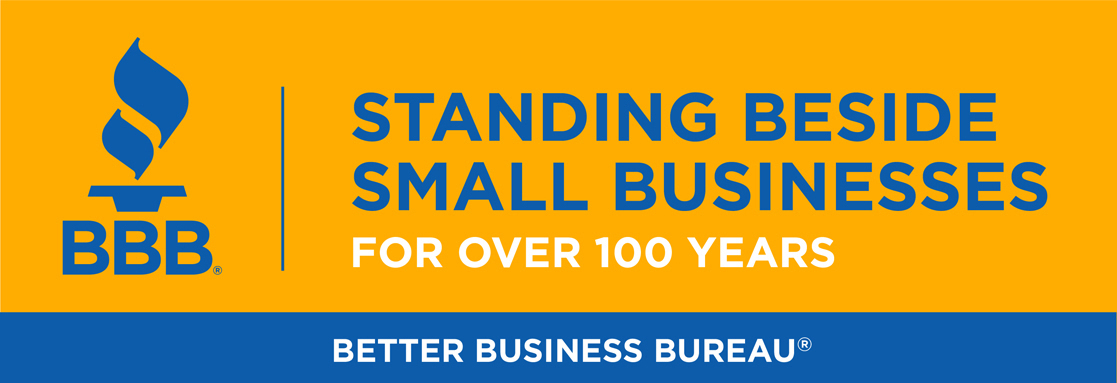If you have a college student who just started classes, now’s a good time to talk about preventing fraud while they’re on campus.
Young adults are often less experienced with credit and finances, and are navigating financial life events like loans, scholarships or budgeting for the first time – making them a popular target for fraudsters. And identity theft can affect students as much as (or more than) their parents, as scammers can exploit their clean credit record.
According to the FTC’s Consumer Sentinel Network Data Book, 11,904 cases of federal student loan fraud were reported in 2022. The FTC also reported that people under the age of 30 lost nearly $525 million to fraud last year.
BBB’s 2022 Scam TrackerSM Risk Report found that students were slightly more likely to lose money in a scam and reported a slightly higher median dollar loss than non-students. People aged 18-24 reported the highest median dollar loss of all age groups in 2022.
Students can greatly reduce their chance of being a victim by practicing good financial habits. Encourage your student to get in the habit of checking their financial accounts regularly and checking their credit once per year.
Tips for students to fight identity theft and fraud:
• Send sensitive mail to a permanent address. School mailboxes are not always secure. Have important documents sent to a parent’s home or a post office box.
• Lock up important docs. Store documents like your Social Security card, passport and bank statements somewhere safe. Shred any paper documents that have sensitive financial information before you throw them away.
• Keep your cards safe. Don’t lend your credit or debit card to anyone, even a friend. Don’t cosign on a loan or financing with a friend. And when you’re entering your PIN, keep an eye out for “shoulder surfers.”
• Protect your devices. Make sure your devices have up-to-date antivirus and anti-spyware software. Keep up with patches to your operating system or browser software, which help protect your devices from new scam tactics.
• Check accounts for suspicious activity. The sooner you identify any potential fraud, the less you’ll suffer in the long run – so check your financial accounts frequently.
• Check out companies with BBB. Consumers tell BBB that online shopping scams are the most common way they lose money or personal information. When you’re shopping online, use BBB.org to make sure unfamiliar websites are legitimate. Look for secure websites with a padlock icon and “https://” in the URL.
• Keep up with your credit. Check your credit report for suspicious activity or mistakes. You can do this once a year for free at annualcreditreport.com.
For more advice on fighting fraud, visit BBB.org or call 888-996-3887.




Facebook Comments